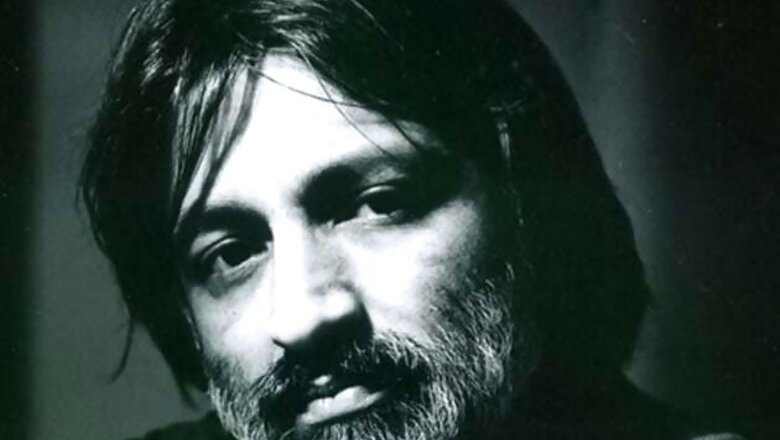
views
Mumbai: "Every day two Dalits are raped and three killed," goes a shocking statistic in well-known filmmaker Anand Patwardhan's latest documentary, 'Jai Bhim, Comrade'.
It begins with such murderous day, July 11, 1997, when 10 Dalits gathered to protest the desecration of an Ambedkar statue were shot dead by Mumbai Police. Six days after this massacre, unable to take the pain and grief of his people and as a mark of protest, Dalit singer, poet and activist Vilas Ghogre committed suicide.
'Jai Bhim...' then traces the legacy of the unique democratic protest style of the Dalits through their stirring poetry and music and the story of Ghogre and other singers and poets.
What emerges are tales of injustice and atrocities in the world's largest democracy that will wrench your gut. Its riveting parallels span not just Maharashtra (where the film is situated) but the world.
A Dalit leader in the film is heard saying, "We have a singer, a poet in every home." It is here that you realise the similarity between the fight for justice of the mostly lowly and oppressed of Indian people with that of Afro-Americans. Both share a strong tradition of music and poetry that provides them relief, strength and prepares them to fight against injustice.
This is the reason why the state of Maharashtra blacklisted one of the strongest Dalit music groups (prominently featured in the film), the Kabir Kala Manch (KKM), by calling them Maoists.
Patwardhan has a keen sense of social satire. He rips apart the notion that equal justice prevails for everyone in India. When you see political leaders of national stature speaking of wiping out entire castes and religions, which in a true democracy would have landed them in jail, you realise how truth can sneak out from rhetoric and rewriting of histories, and punch you in the gut.
Documentaries thus serve as a public justice system. The powerful may not be punished for their murders, but those who see the film can see their true face, and remember.
'Jai Bhim...' also abounds in irony of how a constitution drafted by a 'dalit', Dr. B.R. Ambedkar, continues to fail his own community. It balances the grand sweep of dalit injustice with individual stories. Thus on one side you see a Dalit working in a garbage heap without the basic protection, cleaning Mumbai's filth, you also see middle-class Mumbai talk about 'how dirty and filthy these people are.'
The film's objectivity is laid bare because it spares no one. Speaking to IANS, Patwardhan said, "The film is critical of everything, even the Dalit movement, except its youth who have been forced to go underground."
In a fitting screening, which Anand calls its 'real' premiere (previously screened in a few film festivals), over 800 people in BIT chawl in Byculla, where a part of the film was shot, sat mesmerised Monday, without a break for its 200-minute duration.
In an ideal world, cries against Dalit injustice would have sprung all over. Since we don't live on a just planet, 'Jai Bhim, Comrade' will retain relevance so long as caste-based atrocities are not uprooted.
For it may have taken Patwardhan 14 years, in reality this story of those who inherit injustice in their genes has been in the making for thousands of years in India.



















Comments
0 comment